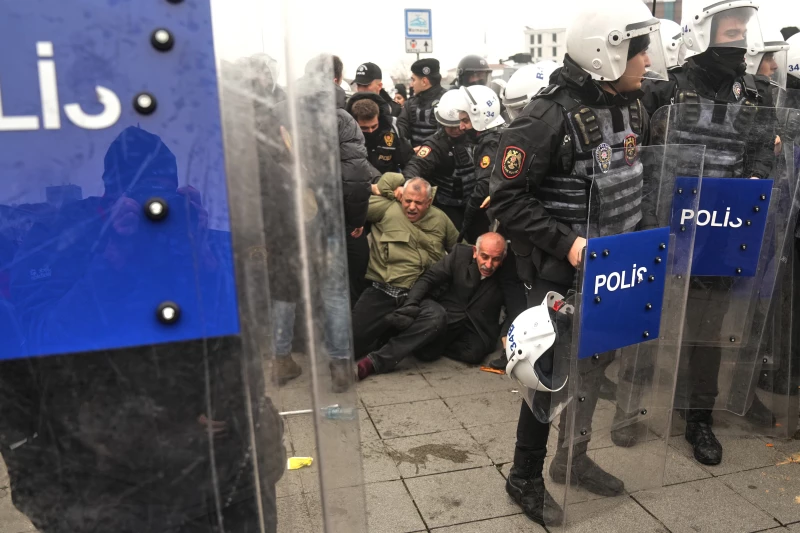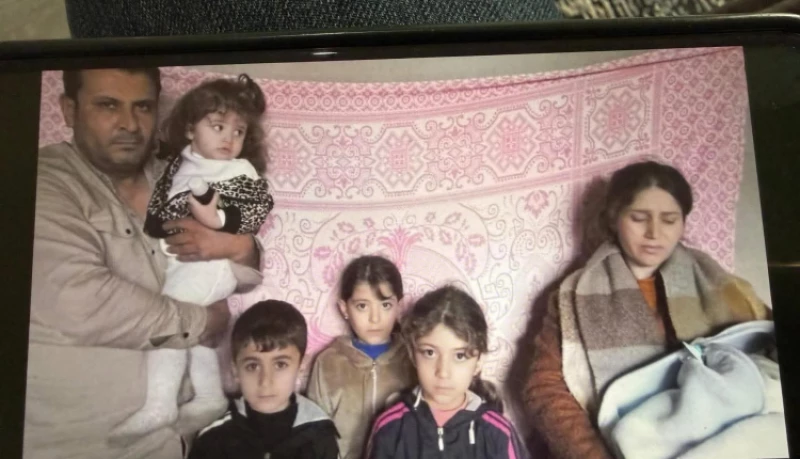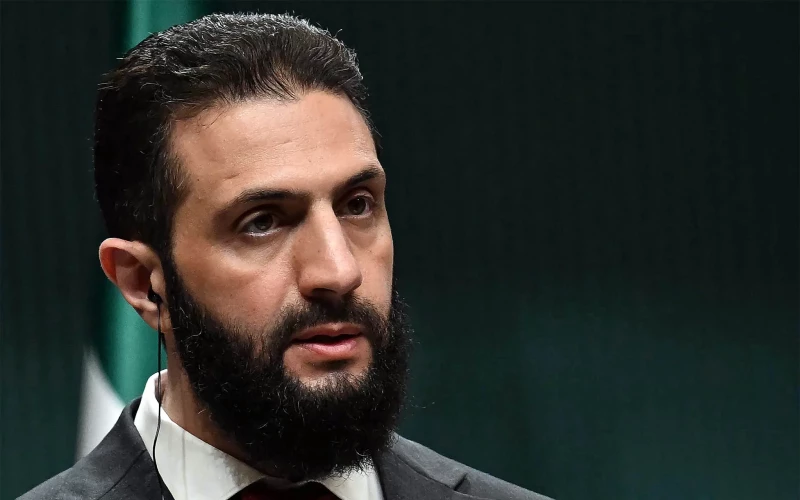ERBIL, Kurdistan Region of Iraq - President Masoud Barzani on Sunday welcomed comments from Ahmed al-Shar’a, leader of the Hay’at Tahrir al-Sham (HTS), regarding Kurds in Syria, who had said the Kurdish nation would be “an essential” part in the post-Assad Syria.
“I saw a comment from Mr. Ahmed al-Shar’a about the Kurdish nation in Syria, describing the Kurdish nation as a part of the country and partner in the future of Syria,” President Barzani, leader of the Kurdistan Democratic Party (KDP), said in a statement on Sunday.
Asked about where the Kurds stand in the future of Syria, in a video circulated across social media, HTS leader Shar’a said “Kurds are part of the homeland and have been subjected to great injustice same as we were. Thanks be to God, with the fall of the regime, the injustice on them will be lifted as well. And God willing, the Kurdish people will be an essential component of the upcoming Syria, and we will live together and all get our rights.”
The HTS commander-in-chief went on to say: “There will no longer be injustice against our Kurdish people. This is a new gate and a new history for Syria.”
The Assad family’s five decades of rule spectacularly came to an end a week ago, as a result of a 11-day sweeping offensive led by rebel group HTS.
Soon after the Damascus regime's downfall, opposition groups formed an interim government that would last until March 1 under Mohammed al-Bashir's leadership.
President Barzani said he was happy to hear how the HTS leader talked about the participation of Kurds in rebuilding Syria.
“We are happy and welcome this stance concerning Kurds and the future of Syria. I hope this will mark the beginning of correcting the course of history and ending the wrong and unfair practices committed against the Kurdish people in Syria,” Barzani added.
President Barzani described Shar’a’s statement on Kurds as “paving the way for building a strong Syria.”
“Kurds, Arabs, and all the other components in Syria must seize this opportunity for all of them to take part in building a stable, free, and democratic Syria,” the Kurdish leader said.
The Kurdish standing in Syria
The Kurdish enclave of north and east Syria, known as Rojava is ruled by the Autonomous Administration of North and East Syria (AANES).
The AANES was established at a conference in July 2018 in the city of al-Tabqa. This resolution was approved with the consent of all 300 representatives who were selected from their people throughout the regions of the AANES.
The semi-autonomous Kurdish enclave is protected by local police, the People’s Protection Units (YPG), and the Women’s Protection Units (YPJ), which later became part of the multi-ethnic and multi-religious Syrian Democratic Forces (SDF), backed by the US.
After the downfall of Assad last week, SDF commander-in-chief Mazloum Abdi said they had not "made any decision to fight against” anti-government opposition forces, nor do the anti-government forces plan to fight the SDF.
The US-backed Kurdish forces currently control the bulk of northeastern and eastern regions of Syria, amounting to a quarter of the country's territory. Formed in 2015, the SDF is considered the Kurdish de facto army in Syria.
Turkey considers the YPG, which is the backbone of the SDF, as inextricably linked to the Kurdistan Workers' Party (PKK), however, the YPG insists that they merely subscribe to similar ideology.
The PKK is an armed group that has fought for increased Kurdish rights in Turkey for decades. The group is designated a terrorist organization by Ankara.
The Kurdish authorities of Syria over the weekend decided to raise the independence flag used by the Syrian opposition across the institutions under their control.

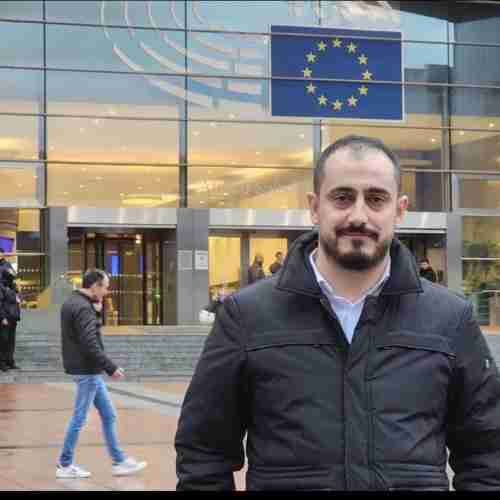
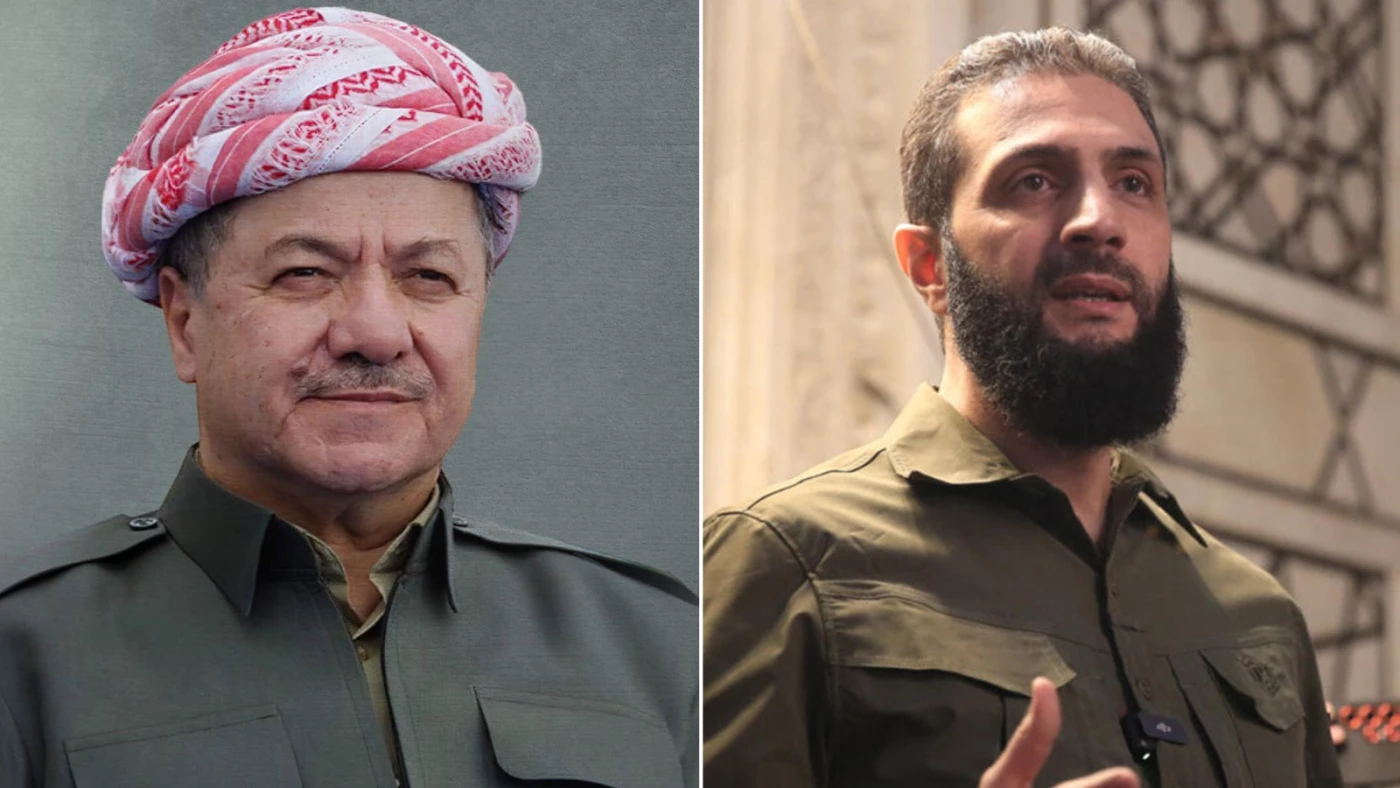
 Facebook
Facebook
 LinkedIn
LinkedIn
 Telegram
Telegram
 X
X
